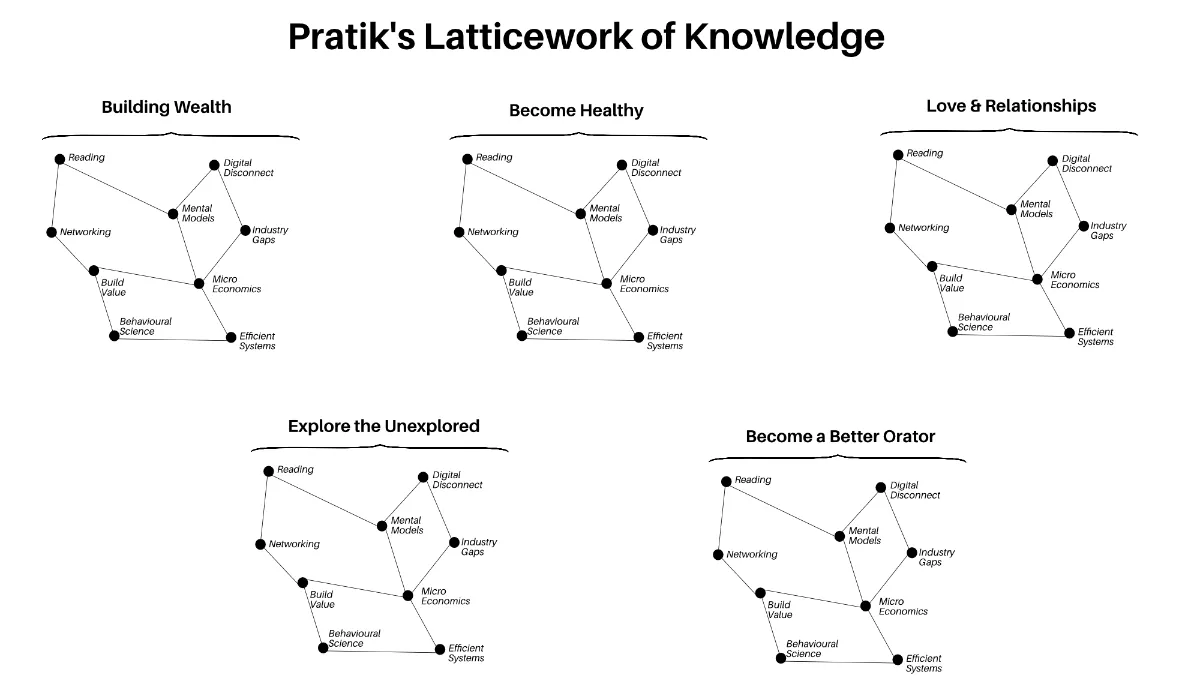One of the most intense books I have been reading includes, Antifragile by Nassim Taleb.
It’s a very intense read, but it’s a choke filled with timeless wisdom, that takes time to consume.
This blog is one of my ways to note, apply and share the priceless wisdom I’ve learned with the world.
One of the book’s key takeaways was what Nassim Taleb describes as The Fragilista.
[The fragilista] defaults to thinking that what he doesn’t see is not there, or what he does not understand does not exist. At the core, he tends to mistake the unknown for the nonexistent.
Excert from the book: Antifragile by Nassim Taleb.
We all may have come across a Fragilista throughout our careers and one of the quickest ways to find them is to ask them a difficult question that is out of their area of competence.
For them, no matter how complex or difficult, no problem results in an “I don’t know.” They believe that they can easily access the reasons behind something, even when they are completely clueless and may have no idea what’s going on.
Often could be categorized as: ‘The smartest guy in the room’. They often feel that the position they’ve been assigned to in the organization warrants them to make decisions on behalf of the experts and NOT with the experts.
Often seen dressed in suits and frequently attending meetings, they have a preference for tinkering with unfamiliar things rather than remaining idle. They know the cause and effect of every situation, regardless of how often it is out of their area of competence. One reason for this is CEOs that are being solely promoted just on the merits of their past success, ignoring all the possibilities which could have heavily contributed to the success as well.
Bevelin puts it nicely in his book, Seeking Wisdom:
What tends to inflate the price that CEOs pay for acquisitions? Studies found evidence of infection through three sources of hubris: 1) overconfidence after recent success, 2) a sense of self-importance; the belief that a high salary compared to other senior ranking executives implies skill, and 3) the CEOs belief in their own press coverage. The media tend to glorify the CEO and over-attribute business success to the role of the CEO rather than to other factors and people. This makes CEOs more likely to become both more overconfident about their abilities and more committed to the actions that made them media celebrities.Seeking Wisdom, by Bevelin.
Having a Fragilista at the forefront of your business as CXOs often results in inefficiencies and extremely poor use of the talent at your disposal resulting in negatively affected quality of the end product.
Fragilista’s practicing medicine often oversteps the body’s natural healing capacity by prescribing potent medications that provide minimal benefits and may potentially cause severe side effects.
The objective I am trying to convey is not to eliminate risk or intervention entirely but to approach our knowledge, or lack thereof, with humility. It means knowing when to avoid seeking small, immediate benefits that may have big (and sometimes hidden) negative effects. Less is more.
Adding more to an existing system often makes it more complex.
Build Better,
Pratik.



